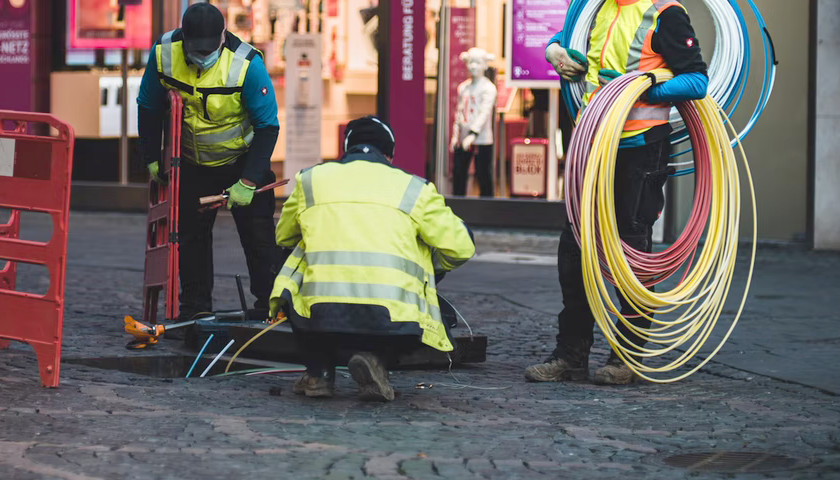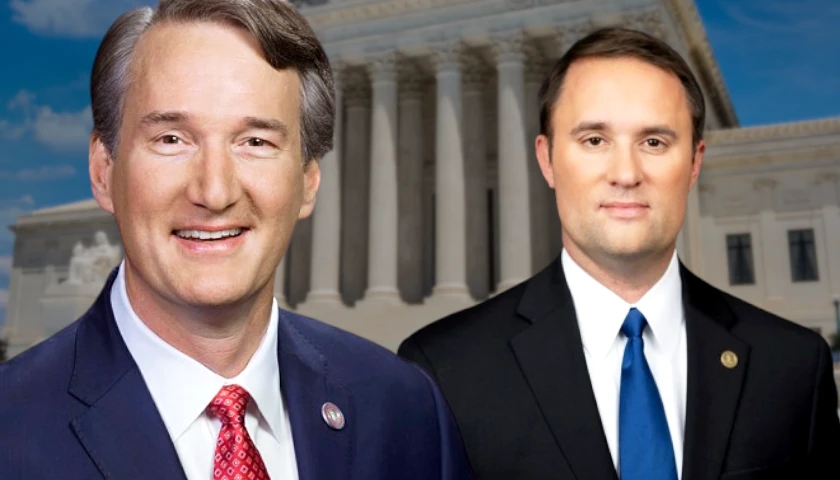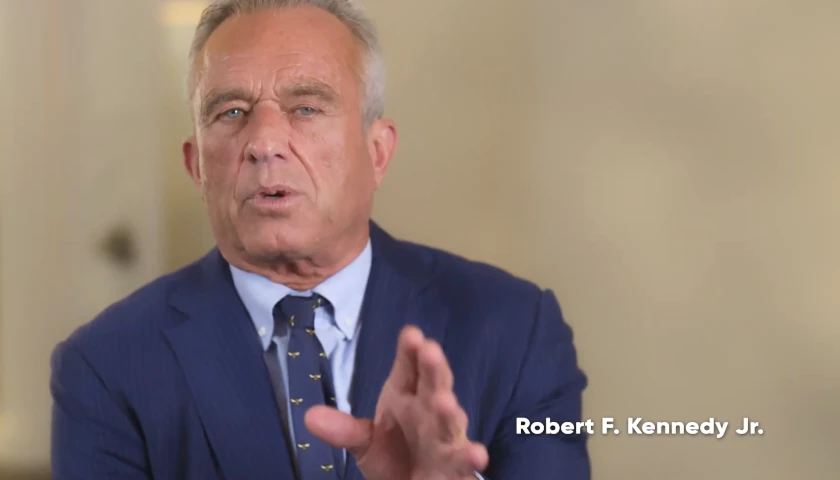by Keith A. Lyon
In recent years, communities across Tennessee have considered pursuing a municipally-run broadband network. In July of 2021, this trend continued with the Knoxville Utilities Board’s (KUB) proposal for the largest municipal fiber network in the nation being approved unanimously by the Knoxville City Council. KUB’s broadband business plan came with a colossal $702 million price tag, as well as an estimated seven to ten year network build out, with the hopes of providing service to a four-county footprint, the majority of which would be located in Knox County, where the FCC estimates that 98.3% of the area has access to three or more broadband providers already.
In Tennessee, many municipal fiber networks are operated through a respective locality’s electric utility. This has led to the misconception that starting an internet service will not impact local ratepayers or lead to higher taxes for local residents. Knoxville is now learning the hard way that this isn’t the case. Recently, the Knox Compass reported that the S&P, a respected national credit rating service, has downgraded the Knoxville Utility Board’s bond rating due to concern regarding the risk involved with the project. This comes in spite of KUB already notifying customers that the costly broadband project will lead to increased rates on electric bills, starting at an increase of 3% in 2022, 6% in 2023 and eventually 9% in 2024.
S&P’s credit downgrade means that Knoxville’s electric, water, and natural gas customers may end up paying even more for their services, as KUB will likely be on the hook to pay higher costs to upgrade and expand their infrastructure.
To make matters worse, the broadband project now appears to be delayed – initially it was projected that customers could begin signing up for the new service in the early summer of 2022, but now the utility is claiming that signups will begin later this year.
Knoxville’s financially reckless endeavor is a case study that must be considered by local legislators and government officials going forward. The Tennessee Department of Economic & Community Development (TNECD), which is in the process of reviewing grant applications for a $400M fund intended to expand broadband connectivity in our state, should take into account whether inexperienced local utilities, many of which have never laid an inch of fiber, are worth risking taxpayer dollars on instead of more worthy private partners with decades of experience in the industry. And state regulators should review their standards for feasibility of these types of projects.
Lastly, City Council members in Tennessee communities currently considering establishing their own municipal-network, such as Cleveland, Greeneville, Elizabethton and others should consider whether such a precarious endeavor is worth waging their locality’s financial stability on, as well as how constituents will respond to surging electrical fees and delayed deployment. With consistent coverage from private providers throughout the state, the establishment of these municipal-networks represents the socialization of an already existing and effective industry.
Outside of the financial risks associated with these municipally-run networks, it’s also imperative to remember that the more unforeseen delays keep popping up, the longer the small fraction of unserved residents who badly need internet access go without it. In under a year since being approved, KUB’s network rollout is already showing that municipally-run networks are not worth the risk.
– – –
Keith A. Lyon is a conservative mayoral candidate for Knoxville mayor in 2023.
Photo “Broadband Installation” by Mika Baumeister.









